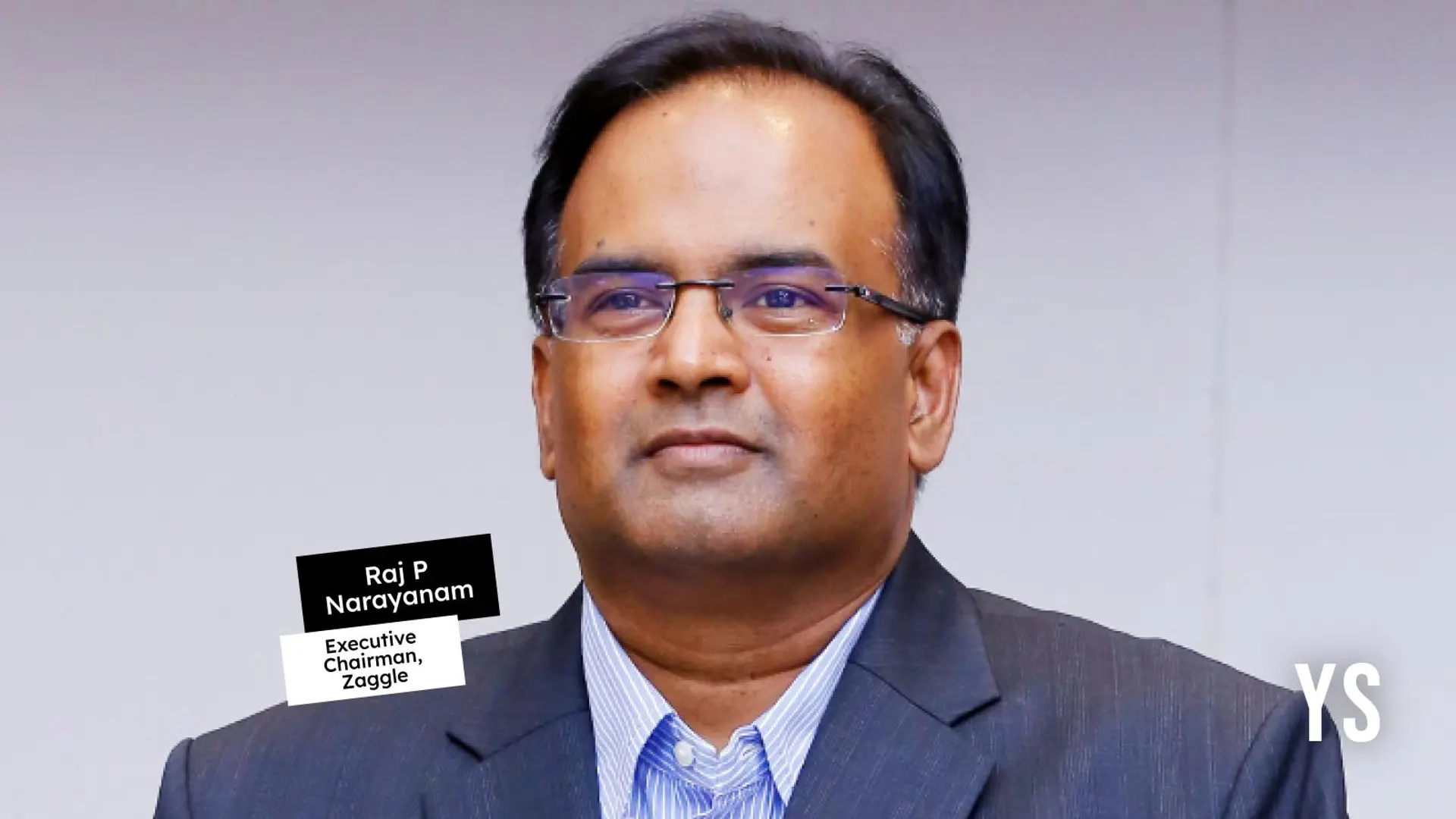Meet the Kung Fu nuns teaching self-defence to young girls in the Himalayas
The Kung Fu nuns, of the Drukpa lineage, train other women in self-defence. Two of them, Jigme Rupa Lhamo and Jigme Migyur Palmo tell us about their lives as Kung Fu nuns and how they are making a difference with their social and humanitarian work.
Spirituality and Kung Fu may make for an unlikely combination, but the Drukpa Kung Fu nuns are proving that martial art can help promote gender equality and women’s empowerment in the Himalayan region.
Twenty-six-year-old Jigme Rupa Llamo and 28-year-old Jigme Migyur Palmo are visibly excited. These Kung Fu nuns are all set to travel to New York where the order will be presented with Asia Society’s Gamechanger Award on October 24 for the transformative impact they are making in Asia through their diverse efforts.

Jigme Rupa Lhamo and Jigme Migyur Palmo
These twenty-something nuns are using the power of Kung Fu to bring a turnaround in the attitude of girls by not only teaching them martial art but also self-confidence and the strength to defend themselves.
Spirituality for gender equality
These Kung Fu nuns are of the Drukpa lineage, a 1,000-year-old Buddhist tradition that began in the Himalayas. Legend has it that their founder, Gyalwang Drukpa, witnessed the miraculous fight of nine dragons in the sky. Today, they are over 700 Kung Fu Nuns and they are the only Buddhist nuns in the world to practice Kung Fu.
The Drukpa Kung Fu nuns use their spirituality to champion for gender equality, physical fitness, environmentally-friendly living, and respect for all living beings.
Many of these nuns are from the Himalayas, mostly Ladakh, and train at the Druk Amitabha Mountain Nunnery in Nepal. Their common aim is to help others, and make a difference in the world around them.
Unique stories

Apart from training girls in self-defence, they participate in a number of social and humanitarian activities. They were actively involved in the relief efforts during the earthquake that rocked Nepal in 2015, conduct frequent bicycle yatras and ‘padyatras’ to speak out against human trafficking, run health clinics, and rescue animals.
Each of these nuns has a unique story about why they wanted to become a nun and how their journey has enriched them in many ways.
Jigme Rupa Lhamo hails from Spiti Valley in Himachal Pradesh and joined the order when she was 13 years old.
“His Holiness visited our small village and spoke about his plans for gender equality and women’s empowerment. He believed that anything a man can do, a woman can too. I was inspired by his words and decided to become a nun,” she recounts.
Though her family was initially against the idea of young Rupa moving out of the village, she was able to convince them after a year, after which she underwent training at the nunnery in Nepal.
In comparison, Jigme Migyur Palmo, the other Kung Fu nun I spoke to, comes from a family in a small village 100 km from Leh, Ladakh, that believes strongly in the Drukpa ideals. “My father liked how women were given so much importance and opportunities. He wished I join the order and pass on the message of equality,” she says.
Both girls were shy and introverted before they came to the Kung Fu nuns. The years of training have seen them transform into confident and articulate young women.
“It was difficult for me initially as I had to interact with girls from different nationalities. Slowly, my attitude changed and I began to cherish these friendships,” Rupa says.
Martial art for self-defence

Migyur adds that she also transformed from a quiet girl who always wanted to be by herself into someone who trained other girls in self-defence and also travelled for the social work the order does.
Both the women started learning Kung Fu a couple of years into their initiation into the order.
Migyur laughs when she says, “The image most people have of nuns is that they have very little contact with the outside world, are cooped up in a cave or a monastery, and are in constant meditation. As the Drukpa Kung Fu nuns, we are disproving this notion hugely.”
Here, Kung Fu, while being taught as a martial art, also helps them focus on meditation and also teach other young women to defend themselves.
“We travel to remote areas in the Himalayan region to teach girls Kung Fu. These are girls with very few opportunities to learn and express themselves. We teach them basic Kung Fu techniques for a week and also advise them to be confident in everything they do,” says Rupa.
Migyur speaks of many instances where she has seen girls come back for second sessions the following year. “They know it’s a weapon they can use when required. Slowly, we want to reach out to the rest of India and the world.”
Lives filled with purpose

These Kung Fu training sessions are just one part of these nuns’ lives. They undertake a number of social and humanitarian efforts, the Bicycle Yatra, and frequent padyatras being cases in point.
The Bicycle Yatra, Rupa informs us, was a long ride from Kathmandu to Ladakh covering a distance of 4,500 km. “We traversed through some of the roughest terrains and also faced vagaries in weather, from blazing hot to blinding rain, passing the message of women’s empowerment along the way,” she says.
“The padyatras are our way of cleaning the environment by collecting rubbish from the mountain trails. We also help out in eye camps and rescue injured animals in the region,” Migyur adds.
A typical day in the life of a Kung Fu nun starts at 3 am and ends at 10 pm, and includes meditation, puja, classes, and Kung Fu practice.
The nuns also enjoy composing their own kind of spiritual music and play the piano and guitar. A life filled with purpose, and also different interests!
“Women should be bold in a positive way. Earlier, I was a weak-minded person, ready to give up easily. Now as a Kung Fu nun, even if I fail, I bounce and fight back,” says Migyur.
“Be who you want to be, don’t feel weak and stifled,” adds Rupa.
(Edited by Teja Lele Desai)








